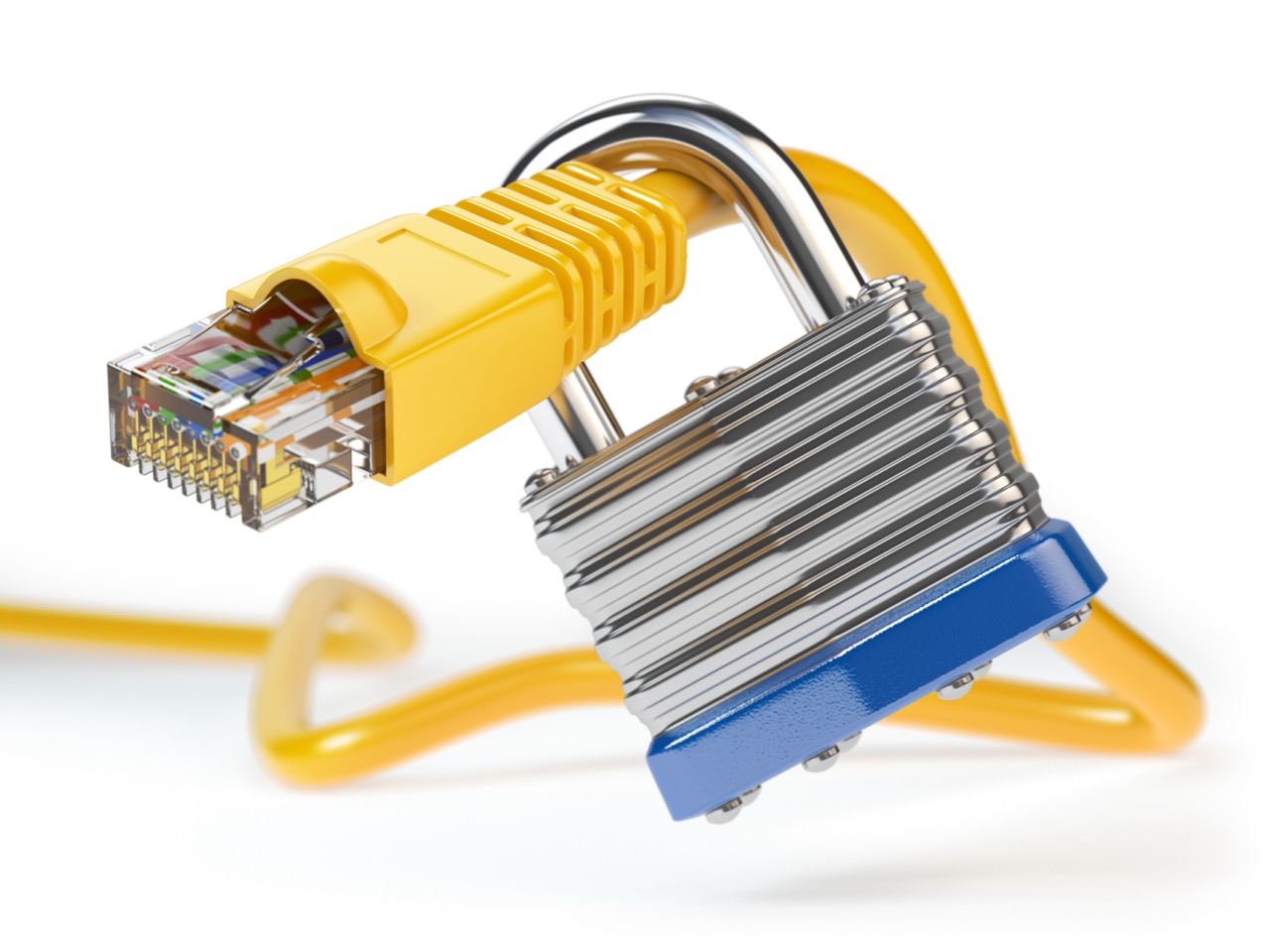In the realm of internet privacy and security, private proxies serve as a critical tool for individuals and organizations alike. They act as intermediaries between a user’s device and the vast expanse of the internet, providing enhanced anonymity and security. This article delves into the mechanisms behind private proxies, their key features and functionalities, the advantages they offer in terms of privacy, and their practical applications across various sectors.
Understanding the Mechanism of Private Proxies in Networking
Private proxies operate by routing internet traffic through an intermediary server, masking the user’s IP address and providing a layer of anonymity. When a user sends a request to access a website, the request is first directed to the proxy server. The proxy then forwards the request to the desired website, receives the response, and relays it back to the user. This process effectively anonymizes the user’s identity and location. The proxy server substitutes the user’s original IP address with its own, rendering the user untraceable while browsing.
The technical architecture of private proxies can vary; however, they typically use HTTP, HTTPS, or SOCKS protocols to manage the data transmission. These protocols dictate how data packets are sent and received between the client and the server. In contrast to shared proxies, which are used by multiple users, private proxies are dedicated to a single user or organization, ensuring exclusive access and performance benefits. This exclusivity allows for more stable connections and reduces the risks associated with shared bandwidth.
Moreover, private proxies can provide varied functionalities such as geo-targeting, allowing users to access content that may be restricted in certain regions. By selecting proxies located in specific geographical areas, users can bypass regional restrictions and access a more extensive range of online content. This mechanism not only amplifies user privacy but also augments the overall browsing experience by enabling access to global resources.
Key Features of Private Proxies and Their Functionality
One significant feature of private proxies is their ability to deliver high levels of anonymity. Unlike public proxies, which can expose users to potential risks such as data interception and unreliable performance, private proxies ensure that users’ data remains protected. Each private proxy is assigned a unique IP address, which minimizes the chances of blacklisting by websites and enhances the user’s ability to remain undetected while performing online activities.
In addition to anonymity, private proxies offer robust encryption mechanisms. This encryption protects sensitive data during transmission, shielding it from potential threats such as hackers or data snoopers. Users can engage in activities like online banking, shopping, or accessing confidential information without the fear of exposing their personal data. This added layer of security is particularly crucial in today’s cyber landscape, where data breaches are increasingly prevalent.
Another key functionality of private proxies is their speed and reliability. Many private proxy services are optimized for performance, offering faster connection speeds and reduced latency compared to their public counterparts. This efficiency makes private proxies ideal for activities that demand high bandwidth, such as streaming, gaming, and web scraping. By ensuring consistent performance, private proxies cater to users who require dependable internet access for both personal and professional use.
Advantages of Using Private Proxies for Enhanced Privacy
The foremost advantage of utilizing private proxies is the enhanced privacy they provide to users. By concealing IP addresses and encrypting data, private proxies create a secure browsing environment that significantly reduces the risk of surveillance and tracking. This is particularly valuable for individuals concerned about online privacy, such as journalists, activists, or anyone accessing sensitive information that may be subject to monitoring.
Moreover, private proxies help mitigate the risks posed by cyber threats. By acting as a buffer between the user and the internet, they can prevent unauthorized access to personal information and decrease the likelihood of falling victim to phishing attacks or other malicious activities. The ability to change IP addresses frequently also reduces the chances of being targeted by cybercriminals, enhancing users’ overall security posture.
Additionally, private proxies can aid businesses in protecting their intellectual property and sensitive data. Organizations often leverage private proxies to monitor competitors, gather data for market analysis, or conduct research without revealing their identity. This not only strengthens competitive intelligence efforts but also safeguards proprietary information, ensuring that business operations remain secure and efficient.
Practical Applications and Use Cases for Private Proxy Services
Private proxies find extensive applications in various domains, one of which is web scraping. Businesses and researchers often rely on web scraping to collect data from websites for analysis. However, many websites impose restrictions on automated access. By utilizing private proxies, users can bypass these restrictions, gather the necessary data without risking IP bans, and conduct their research more effectively.
Another area where private proxies excel is in social media management. Marketers and businesses frequently use multiple accounts for promotional activities, market research, and engagement. Private proxies enable these users to manage multiple accounts seamlessly without facing the risk of being flagged for suspicious behavior. This ensures that their marketing campaigns run smoothly and efficiently, maximizing their reach and effectiveness.
Lastly, private proxies play a crucial role in accessing geo-restricted content. Streaming services and websites often impose geographical limitations on their content offerings. By employing private proxies located in target regions, users can access a broader range of content, from international shows and movies to region-specific services. This capability not only enhances entertainment options but also facilitates access to information that might otherwise be unavailable based on geographical restrictions.
In conclusion, private proxies serve as a valuable resource for individuals and organizations seeking enhanced privacy, security, and functionality in their internet activities. By understanding the underlying mechanisms and benefits of private proxies, users can leverage this technology to protect their data, access restricted content, and conduct online activities with greater anonymity. As the digital landscape continues to evolve, the importance of private proxies in safeguarding online interactions will undoubtedly grow, making them an indispensable tool for internet users worldwide.










